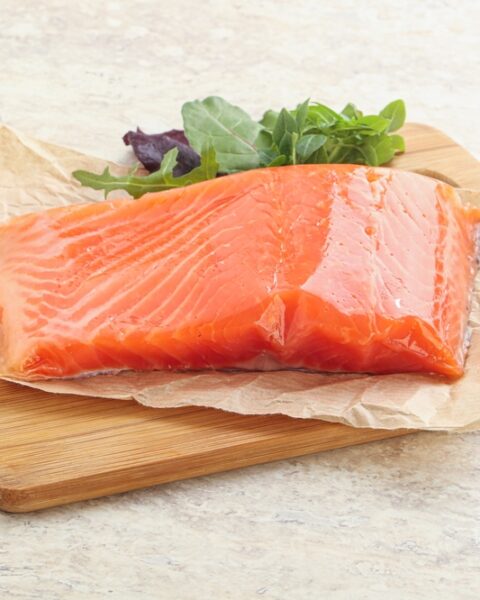Spending time outside is a wonderful way to relax and enjoy meals with friends and family. Creating a cozy and inviting outdoor dining space can enhance these experiences and make your backyard the perfect spot for gatherings. Here are some thoughtful tips to help you design an outdoor dining area that’s both comfortable and charming. By focusing on elements like seating, lighting, and decor, you can transform your outdoor space into a delightful dining haven.
Contents
- 1 Choose Comfortable Seating
- 2 Incorporate Ambient Lighting
- 3 Ensure Privacy
- 4 Define the Dining Area
- 5 Select Weather-Resistant Furniture
- 6 Add Greenery and Decor
- 7 Plan for Shade and Shelter
- 8 Incorporate Functional Surfaces
- 9 Create a Focal Point
- 10 Set the Table with Style
- 11 More From RetailShout
- 12 17 International Foods That Are Banned In The U.S.
- 13 8 American Foods That Non-Americans Love And 8 They Hate
Choose Comfortable Seating
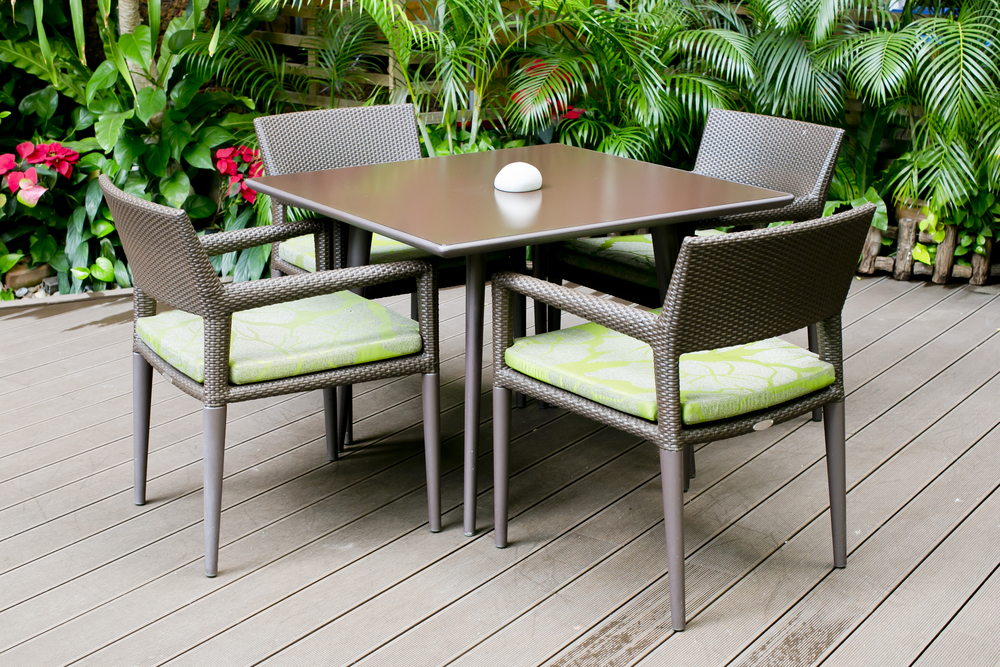
Comfort is key to ensuring your guests can relax and enjoy their meal. Select seating with plush cushions and ergonomic designs to provide support. Mix and match different types of seating, such as benches, chairs, and stools, to create a dynamic and flexible arrangement. Opt for weather-resistant materials to ensure durability in various weather conditions. Adding throw pillows can enhance both comfort and aesthetic appeal.
Incorporate Ambient Lighting
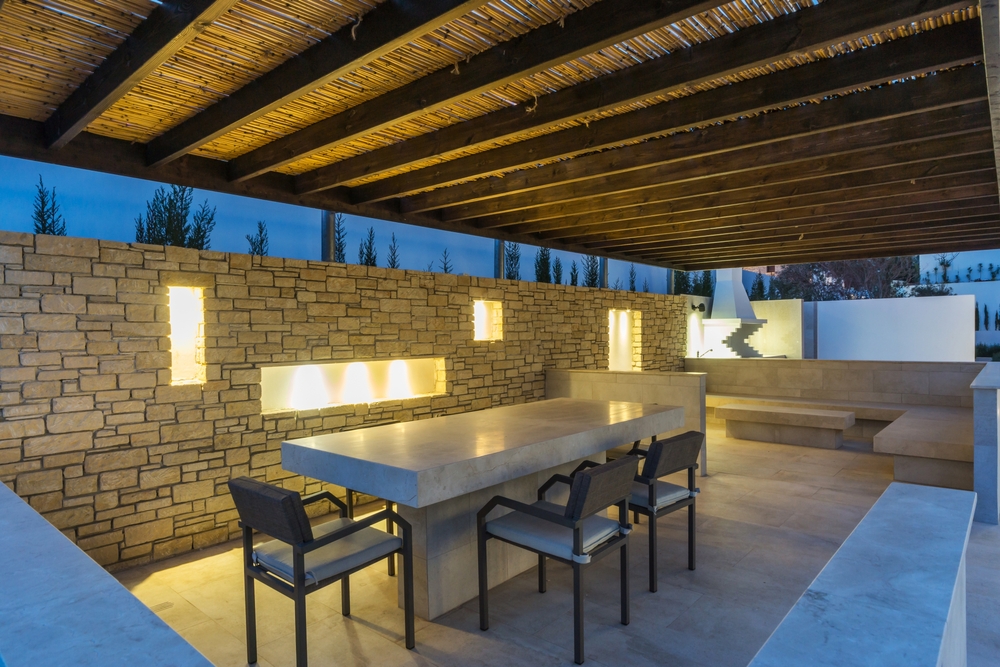
Lighting sets the mood and can transform an outdoor space into a magical dining area. Use string lights, lanterns, and candles to create a warm and inviting atmosphere. Consider solar-powered lights for an eco-friendly option that charges during the day and illuminates at night. Install dimmable lights to adjust the brightness according to the occasion. Highlight pathways and dining areas to ensure safety and functionality after dark.
Ensure Privacy
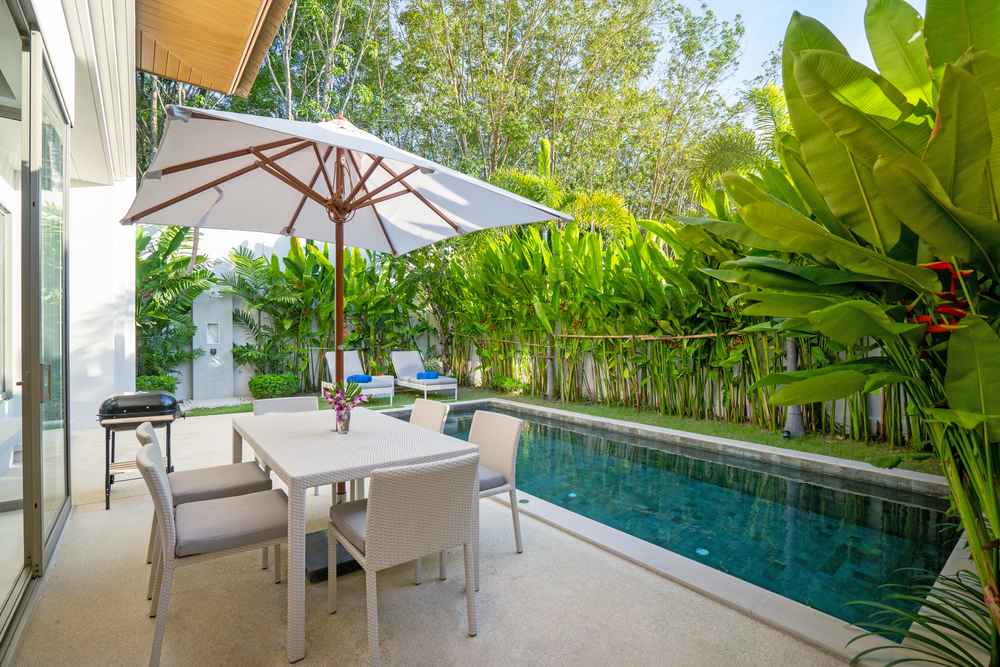
Privacy is important for a relaxing outdoor dining experience. Consider using privacy screens, hedges, or tall plants to create a secluded area. These elements can block unwanted views and reduce noise from neighboring properties. Additionally, privacy solutions can enhance the overall aesthetic of your space. A well-designed private area makes your outdoor dining experience more enjoyable.
Define the Dining Area
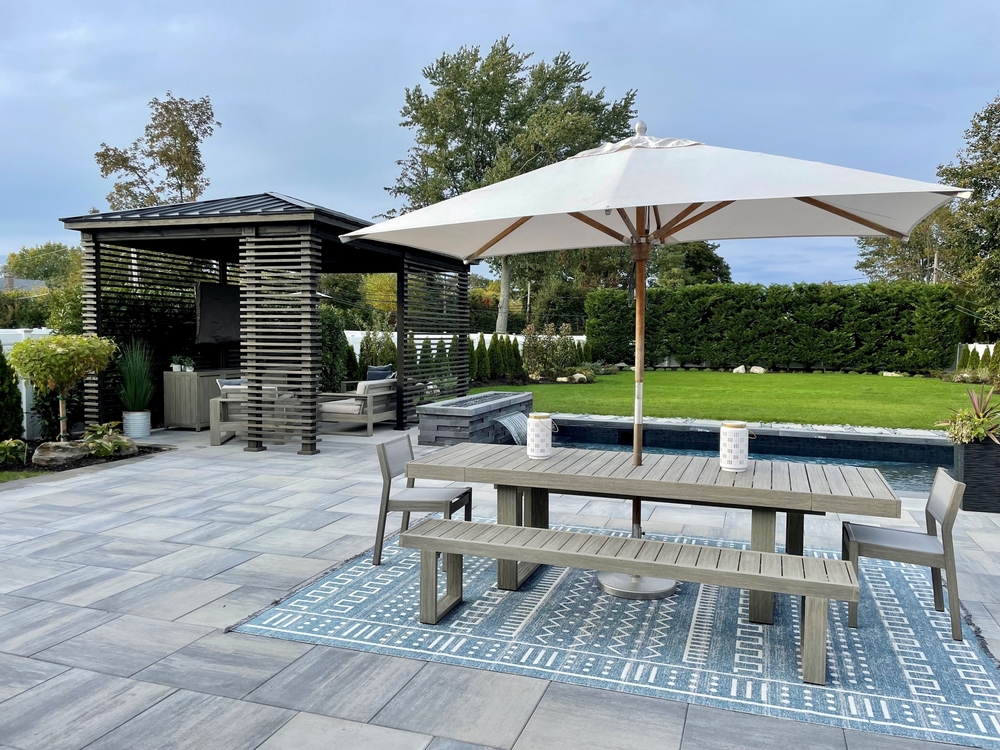
Creating a distinct dining space helps organize the layout and makes the area feel more intentional. Use outdoor rugs to define the dining area and add a touch of coziness. Placing potted plants or using trellises with climbing vines can create natural boundaries. Incorporate a pergola or gazebo to provide structure and shade. Adding a canopy or umbrella can also offer protection from the sun and elements.
Select Weather-Resistant Furniture
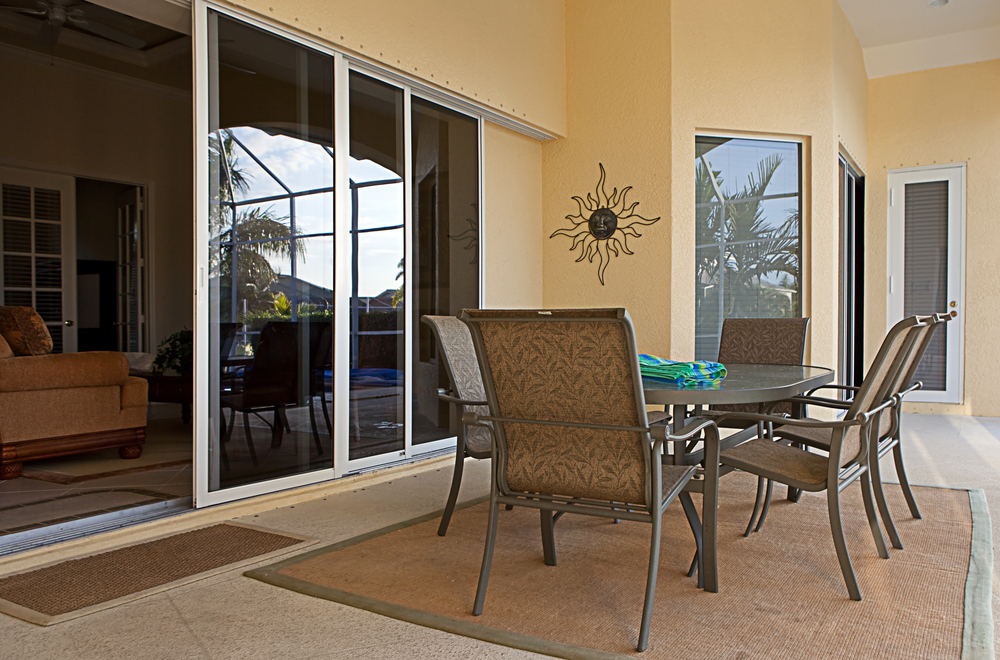
Outdoor furniture needs to withstand the elements without sacrificing style or comfort. Choose materials like teak, aluminum, or all-weather wicker for longevity and low maintenance. Ensure the furniture is easy to clean and store during off-seasons. Look for cushions and fabrics that are UV-resistant and water-repellent. Regularly inspect and maintain the furniture to prolong its lifespan.
Add Greenery and Decor
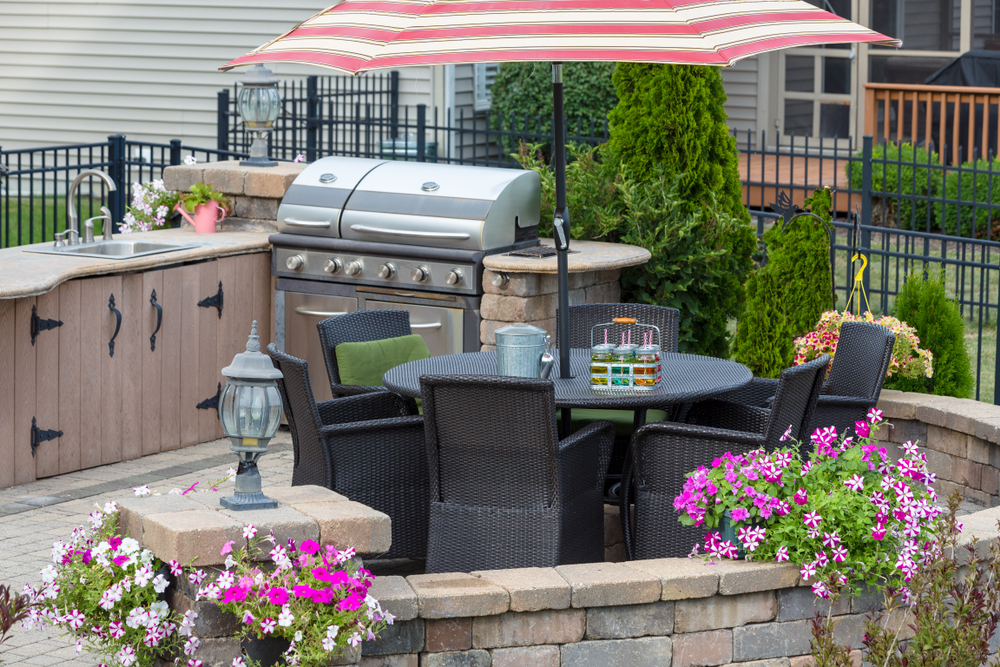
Plants and flowers can bring life and color to your outdoor dining space, making it feel more inviting. Use a mix of planters, hanging baskets, and garden beds to incorporate greenery. Select plants that thrive in your local climate and require minimal maintenance. Incorporate decorative elements like sculptures, water features, or wind chimes to add personality. Regularly trim and care for your plants to keep the space looking vibrant.
Plan for Shade and Shelter

Protection from the elements ensures comfort during various weather conditions. Install umbrellas, shade sails, or retractable awnings to provide relief from the sun. Consider adding a pergola with climbing plants for a natural shade solution. Use outdoor curtains or screens to block wind and create a cozy atmosphere. Ensure your setup can handle sudden changes in weather, providing quick shelter if needed.
Incorporate Functional Surfaces
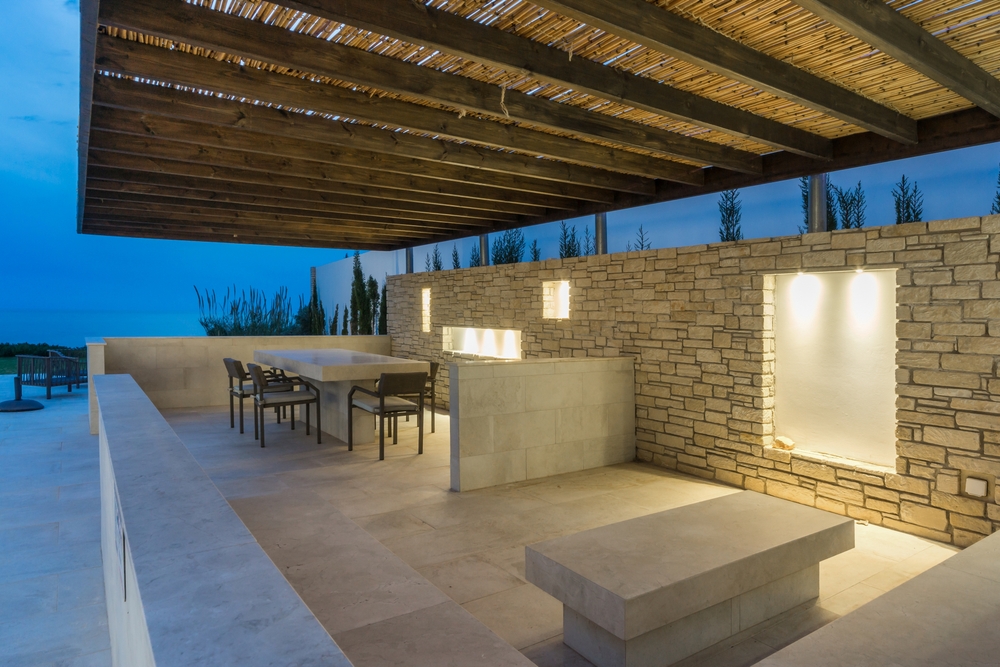
Having enough surfaces for dining and entertaining is essential. Choose a large dining table that accommodates your typical number of guests and allows for serving dishes. Include side tables or bar carts for additional serving space and convenience. Use multi-functional furniture, like storage benches or extendable tables, to maximize your space. Ensure all surfaces are stable and weatherproof.
Create a Focal Point
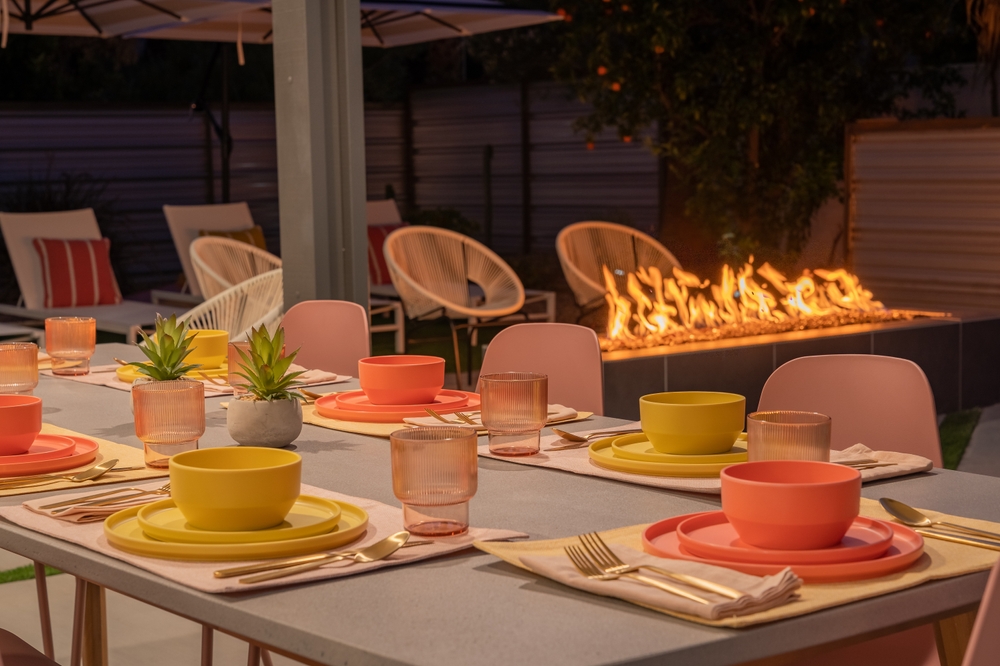
A focal point can anchor your outdoor dining space and make it more inviting. Consider a fire pit or outdoor fireplace for warmth and ambiance. A water feature, such as a fountain or pond, can add a soothing element. Incorporate an outdoor kitchen or grill station for a complete dining experience. Use art, such as sculptures or wall hangings, to add visual interest.
Set the Table with Style
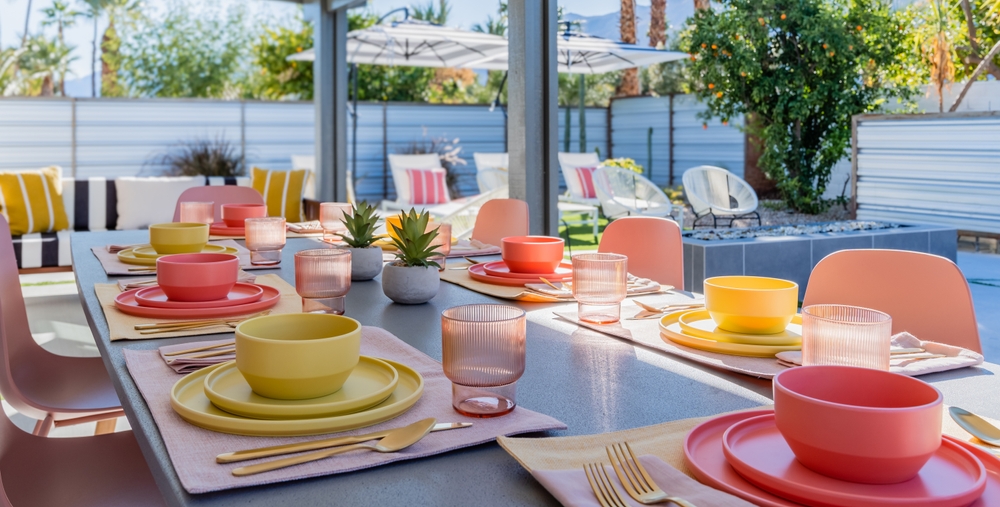
Table settings can elevate the dining experience and make guests feel special. Use durable, stylish dinnerware that suits your outdoor environment. Incorporate colorful linens, placemats, and napkins to add vibrancy and texture. Choose centerpieces that complement the setting, such as fresh flowers or candles. Regularly update your table settings to match the season or occasion.
This article originally appeared on RetailShout
More From RetailShout
23 Effortless Lunch Ideas for Any Day of the Week

Looking for some quick and tasty lunch ideas that you can whip up every day? Whether you’re in a rush or just want something simple and delicious, I’ve got you covered with these easy lunch recipes. Read More.
17 International Foods That Are Banned In The U.S.
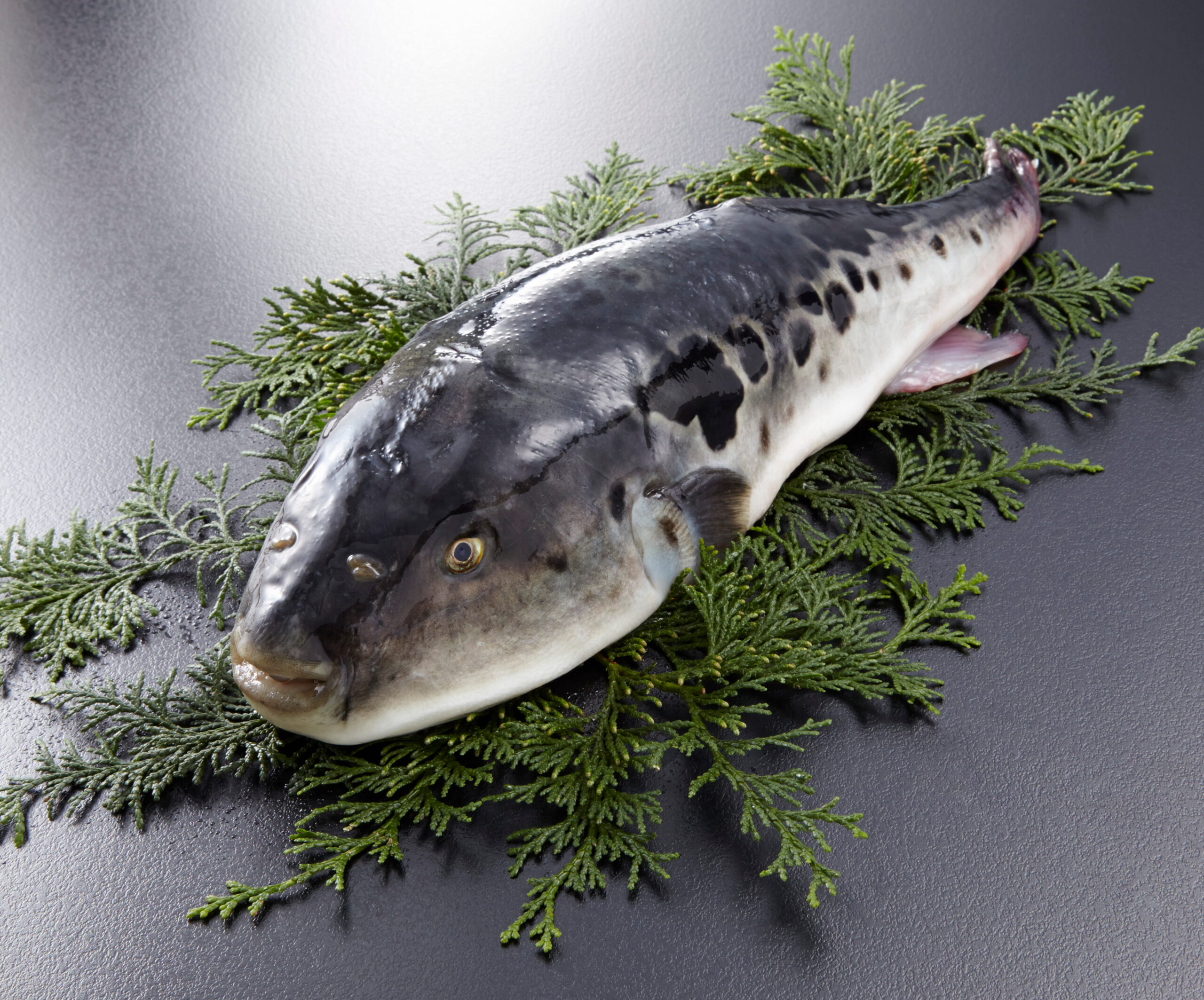
Ever find yourself scrolling through international food blogs and wondering what culinary delights the rest of the world is savoring that you might never get to try? Some foods can be too wild for the U.S. to handle. Read More.
8 American Foods That Non-Americans Love And 8 They Hate

Food is what brings us together. People from different nations connect over food. Ever wondered what non-Americans really think about our food? It turns out, some classic American dishes have international fans drooling, while others have them reaching for the nearest trash can. Read More.

